Made by  Italy, posted in Chemistry, on October 19, 2012 1:10 am
Italy, posted in Chemistry, on October 19, 2012 1:10 am
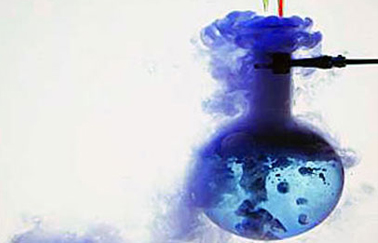
LEARNING OBJECTIVES
? to define a chemical change
? to recognize a chemical change and distinguish it from a physical one
? to read a chemical equation
? to write chemical equations
? to balance chemical equations
? to classify chemical reactions
? to write formation and combustion reactions for given compounds.
? to recognize the limitant reactant
? to make stoichiometric calculations:
from mass to moles, from moles to mass,
yield, masses needed for complete reactions (from a given quantity of a reactant)
|
This material rate is 6 of 5 points from 1 votes.
|

 (188)
(188)
|
Made by  Romania, posted in Chemistry, on May 13, 2012 11:02 pm
Romania, posted in Chemistry, on May 13, 2012 11:02 pm
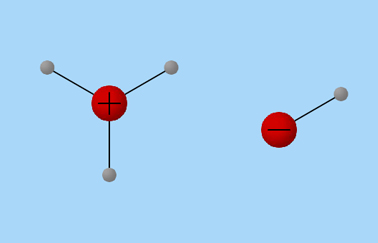
Definition: The molar heat of neutralizing represents the quantity of heat given up when a mole of a hydronium ion interacts with a mole of hydroxyl ion in a diluted solution.
|
This material rate is 1 of 5 points from 7 votes.
|
 (85)
(85)
|
Made by  Czech Republic, posted in Chemistry, on May 14, 2012 1:40 am
Czech Republic, posted in Chemistry, on May 14, 2012 1:40 am
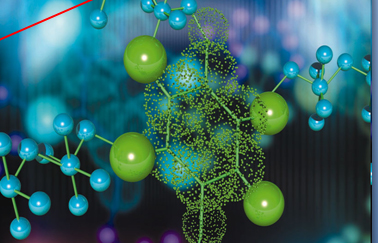
1. What is the chemical bond?
2. What is the function of the chemical bond?
3. What types of chemical bonds do you know?
|
This material rate is 0.5 of 5 points from 2 votes.
|

 (128)
(128)
|
Made by  Romania, posted in Chemistry, on May 13, 2012 10:57 pm
Romania, posted in Chemistry, on May 13, 2012 10:57 pm
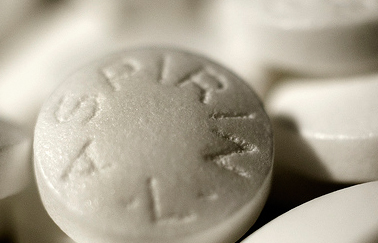
Acetylsalicylic acid, also known as aspirin, is an acetyl derivate of salicylic acid, which is a weak white and crystalline acidic substance, that has a melting point of 135-137oC.
|
This material rate is 0.4 of 5 points from 439 votes.
|
 (273)
(273)
|
Made by  Turkey, posted in Chemistry, on May 13, 2012 11:41 pm
Turkey, posted in Chemistry, on May 13, 2012 11:41 pm
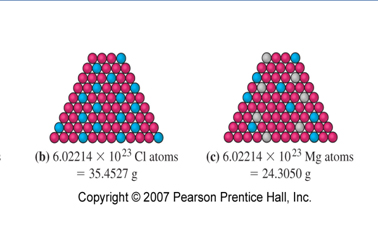
Lesson Objectives :
1)To Explain the mole concept with the particle concept and the number of Avogadro
2)To use ICT as a succesful tool when learning.
Method : Question – Answer Method,grup discussion, teaching method
|
This material rate is 0.4 of 5 points from 439 votes.
|

 (26)
(26)
|
Made by  Bulgaria, posted in Chemistry, on May 14, 2012 1:09 am
Bulgaria, posted in Chemistry, on May 14, 2012 1:09 am
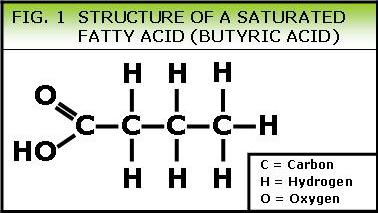
AIMS:
To revise and extend students’ knowledge of butyric carbohydrates
To systemize students’ knowledge of butyric carbohydrates
To put into practice the acquired knowledge of the structure, isomerism and chemical properties of the butyric carbohydrates
To illustrate the connection between the carbohydrates by means of chemical reactions
To develop students’ thinking and imagination by means of different logical operations- synthesis, analysis, comparison, analogy
|
This material rate is 0.4 of 5 points from 445 votes.
|

 (111)
(111)
|

 Italy, posted in Chemistry, on October 19, 2012 1:10 am
Italy, posted in Chemistry, on October 19, 2012 1:10 am 

 Romania, posted in Chemistry, on May 13, 2012 11:02 pm
Romania, posted in Chemistry, on May 13, 2012 11:02 pm 
 Czech Republic, posted in Chemistry, on May 14, 2012 1:40 am
Czech Republic, posted in Chemistry, on May 14, 2012 1:40 am 

 Turkey, posted in Chemistry, on May 13, 2012 11:41 pm
Turkey, posted in Chemistry, on May 13, 2012 11:41 pm 
 Bulgaria, posted in Chemistry, on May 14, 2012 1:09 am
Bulgaria, posted in Chemistry, on May 14, 2012 1:09 am 